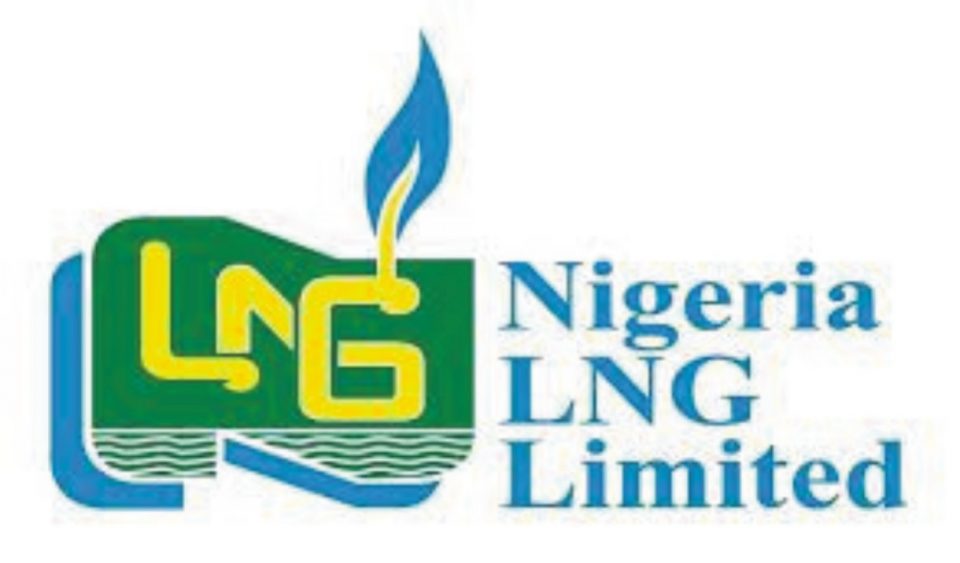The Nigeria Liquefied Natural Gas Limited (NLNG), one of the companies undertaking the construction of roads under the Road Infrastructure Development and Refurbishment Investment Tax Credit Scheme, has received its Tax Credit Certificate from the Federal Inland Revenue Service (FIRS), for the construction of the Bonny – Bodo Road and Bridge, in Rivers State.
The certificate was received by the Company’s Deputy Managing Director, Mr Olalekan Ogunleye, who represented the CEO NLNG, Mr. Philip Mshelbila at the handover ceremony held at the FIRS Headquarters, Abuja.
While issuing the Tax Credit Certificate, the Executive Chairman, FIRS, Muhammad Nami commended the NLNG for its increased investments in Nigeria.
“The Service has faith in your Company and the increased investments it is making in our country. We look forward, with optimism, to the completion of your Train Seven (7) Project for it to join the country’s tax revenue streams,” Mr. Nami noted.
He also used the ceremony to highlight how the Service was improving on its relations with stakeholders, as well as building a customer-centric tax authority for improved revenue generation.
“In order to efficiently deliver on our mandate, the Board and Management of the Service is focused on the following strategic planks and action areas: we are energising our consultations and regular engagements with stakeholders; we are building a customer centric and data centric organisation while also restructuring the administrative framework and processes of the Service; we are driving towards full automation of core tax operations.
“You may recall that the FIRS started with the development and deployment of an in-house digital solution – The Taxpromax Solution. This solution allows taxpayers to sit in the comfort of their offices or homes to file returns, pay taxes and conduct all forms of tax processes with us.
“At the heart of our customer-centric reforms is the setting up of a multi-lingual Call Centre for enquiries and report from taxpayers.
“Consequent upon these strategic moves, the Service recorded an unprecedented collection of over N6trillion in 2021 and has set its sight on higher performance this year. There is no doubt that the Service can achieve its targets with taxpayers like the NLNG.
“I wish to assure you that the Service is ever ready to attend to any issue that will enable you and taxpayers like you to comply with statutory tax obligations,” the FIRS Executive Chairman noted.
The CEO Nigeria LNG in his remarks noted that the company was a major contributor to the country’s economic development and is working towards building a better Nigeria; he also commended the FIRS for being at the forefront of economic resuscitation and progress the country is experiencing.
“I also want to put on record our appreciation for the expedited issuance of the tax credit certificate. As you know, this tax credit is in relation to the Bonny-Bodo road which is itself a landmark project and a pilot scheme in this initiative.
“This would be the first time the Island of Bonny will be linked by road to the rest of the country. And this is very significant to the development and advancement of the country because it will open new opportunities for economic activity,” Mr. Mshelbila noted.
The Road Infrastructure Development and Refurbishment Investment Tax Credit Scheme, also referred to as the Road Infrastructure Tax Credit Scheme is a public-private partnership scheme signed by President Muhammadu Buhari under Executive Order 007, in January 2019, that enables the Federal Government of Nigeria to leverage private sector capital and efficiency for construction, refurbishment and maintenance of critical road infrastructure in the country.
Under the Scheme, participants are entitled to tax credits against their future Companies Income Tax to the tune of the project cost incurred in the construction or refurbishment of eligible roads.
NNPC, MTN, Transcorp Group, Access Bank, GZI industries, among others are some of the entities currently participating in the Road Infrastructure Tax Credit Scheme of Executive Order 007.

